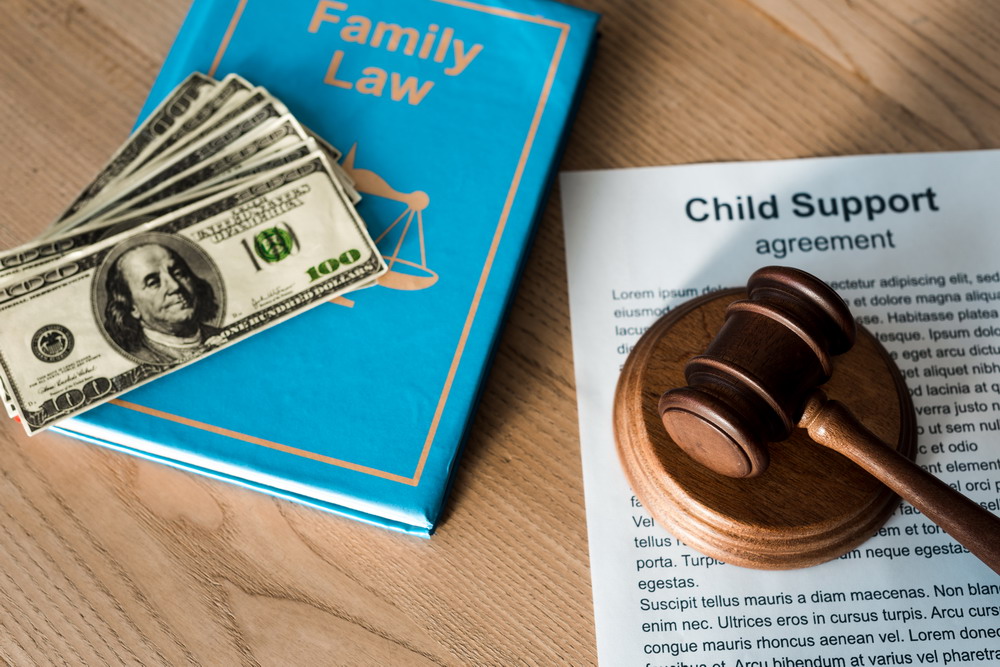Whether you call it alimony or divorce maintenance, it wasn’t too long ago that working out payments was pretty straightforward in Illinois. Things began to change with the passage of GOP tax cuts at the end of 2017. Things in Illinois were further complicated when state laws changed in 2018. These days, alimony is a complicated issue in the state.
ABM Family Law is a Chicago family law firm that handles divorce cases, among others. As Chicago alimony attorneys, they know the ins and outs of divorce maintenance payments and how to best negotiate them with opposing attorneys.
ABM attorneys say that amicable negotiations are possible, albeit not always guaranteed. Illinois couples are free to use the Illinois Maintenance Formula developed by the state legislature in 2015. They don’t have to use it if they either don’t want to or they determine it is not applicable to their circumstances.
Equitable Living for Both
Illinois lawmakers made it very clear some years ago that changes to state alimony law were not intended to either punish or reward. Rather, their goal was to ensure that both parties in a divorce scenario are able to maintain similar lifestyles in the years immediately following divorce. They did not want one party continuing to maintain the same lifestyle while the other one suffers financially.
The Illinois Maintenance Formula allegedly accomplishes that goal. Here’s how it works, in a nutshell:
- Maintenance payments are based on 33.3% of the paying party’s net income, less 25% of the recipient’s net income.
- The total amount of maintenance cannot exceed 40% of the combined party’s net incomes when added to the recipient’s net income.
- The amount of time maintenance payments are made depends on the total time the couple were married. Maintenance payments do not have to be perpetual in Illinois.
Of course, there are extenuating circumstances that often require modifications to the formula. For example, a couple married only five years and with no children might utilize the formula to dictate maintenance payments lasting just over a year. But if that same couple produced three children during their five-year marriage, it may be necessary to extend maintenance payments for five or 10 years.
Mediating Maintenance Payments
Divorcing couples in Illinois do not have to work out maintenance payments through their attorneys. In fact, letting the attorneys do it may not necessarily be in a couple’s best interests. Mediation might be a better option.
Where attorneys have a legal responsibility to always look after their clients’ best interests, a mediator is able to work on behalf of both parties. A mediator is more likely to find areas of compromise that bring about the best possible solution for both parties.
On the other hand, mediation requires that the two parties compromise. If one or both is unwilling, settling maintenance payments through the respective attorneys might be the only way to go. The thing to understand is that alimony is one of the most contentious issues in divorce, second only to custody of shared children.
Experience Is a Big Plus
Whether couples decide to work out alimony via mediation or attorneys, one thing is clear: experience is a big plus. A mediator who specializes in this sort of thing will be far more effective than someone whose practice is more generalized. Likewise, experienced divorce attorneys have a better shot at negotiating equitable settlements than those new to the divorce arena.
Alimony payments are a complicated issue in Illinois. And unfortunately, they have the potential of making otherwise civil divorce proceedings quite uncivil.




